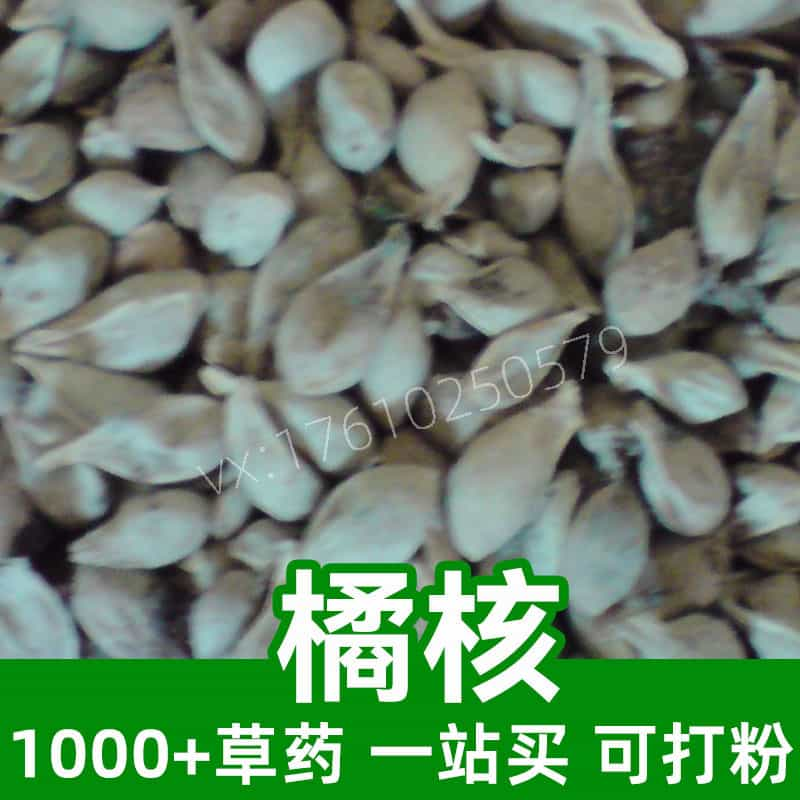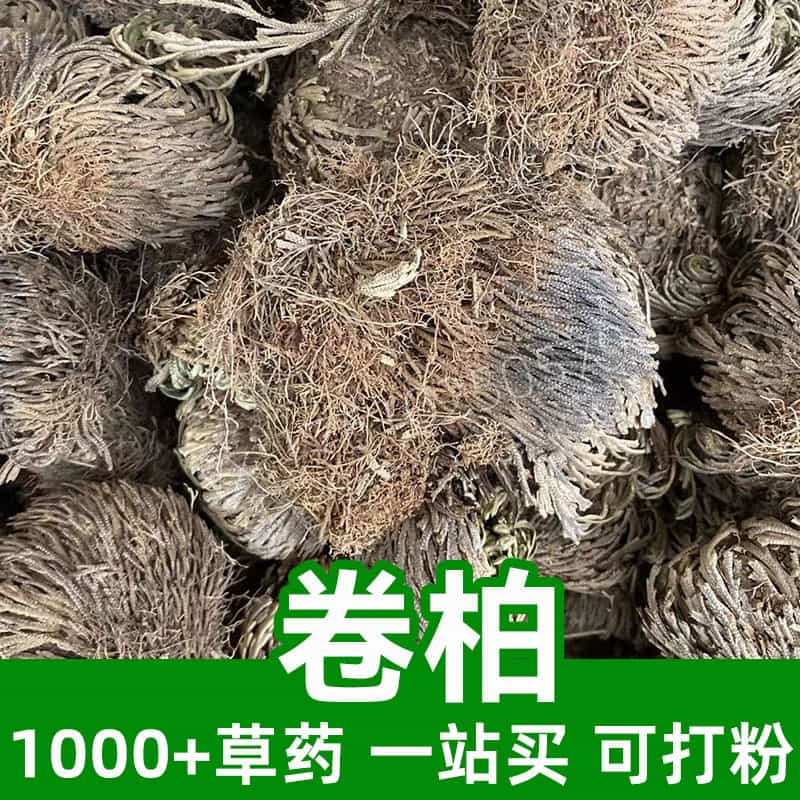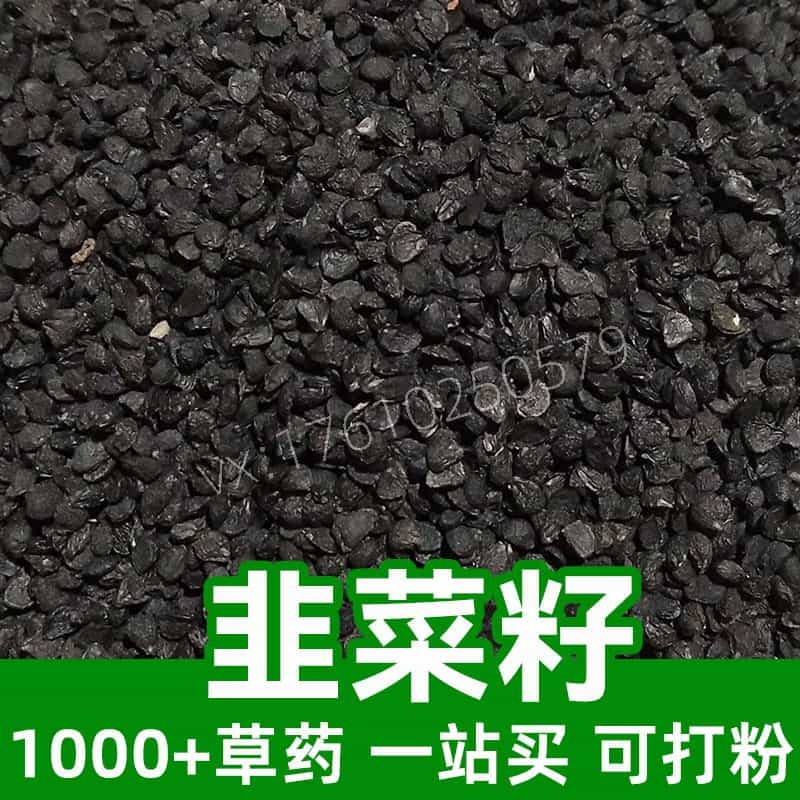Product Introduction
Apricot meat, or Xiang Rou, is the succulent flesh of the apricot fruit from the Prunus armeniaca tree, an important ingredient in both traditional Chinese medicine (TCM) and various culinary applications. This sweet and fragrant part of the fruit is rich in several essential nutrients, making it a popular choice for nourishing the body. Traditionally, apricot meat has been valued for its ability to moisten the lungs, relieve cough, and support digestive health. It contains significant amounts of vitamins A, C, and E, all of which contribute to its beneficial properties.
Originating from Central Asia, apricots are now cultivated in many temperate regions around the world. The fruit is either consumed fresh, dried, or used to make jams and jellies. In TCM, apricot meat is recognized for its protective effects against heat and dryness, making it suitable for enhancing vitality during dry seasons. As a multifunctional ingredient, apricot meat can also be found in desserts, salads, and various dishes, adding a sweet flavor and nutritional benefits.
Main Active Ingredients
Apricot meat boasts a range of bioactive compounds that contribute to its health-promoting properties. The primary active ingredients include:
- Vitamins: Apricot meat is particularly rich in vitamins A, C, and E. Vitamin A is essential for maintaining eye health and immune function, while vitamin C acts as an antioxidant, promoting skin health and supporting the immune system. Vitamin E is known for its skin-protective properties against oxidative damage.
- Dietary Fiber: The high fiber content in apricot meat aids in digestion, helps regulate bowel movements, and can assist in maintaining a healthy weight by promoting satiety.
- Carotenoids: Apricot flesh contains carotenoids, particularly beta-carotene, which can be converted into vitamin A in the body. These compounds are known for their antioxidant properties, which help combat free radicals.
- Essential Fatty Acids: The presence of essential fatty acids in apricot meat supports heart health and contributes to overall well-being, as these fats are crucial for the body’s cellular functions.
- Minerals: Apricot meat also includes essential minerals like potassium and magnesium, which are vital for maintaining electrolyte balance and supporting muscle function.
These active ingredients contribute to the harmonizing effects of apricot meat in TCM, particularly for nourishing the lungs, promoting digestive health, and providing overall bodily nourishment.
Product Application Scenarios, Usage, and Dosage
In traditional Chinese medicine, apricot meat is recognized as beneficial for its nourishing and moistening properties. It is often used in formulations designed to address conditions related to dryness, such as dry cough or constipation. The typical dosage in herbal preparations generally ranges from 10 to 30 grams when used as a dried fruit in soups or teas. It can also be consumed fresh, dried, or as part of various dishes to leverage its health benefits.
Culinary applications of apricot meat are diverse; it can be incorporated into sweet and savory recipes alike. Fresh apricot meat can be enjoyed as a snack, added to salads for a sweet touch, or used in desserts like tarts and puddings. Dried apricot meat serves as an excellent natural sweetener in baked goods and can be blended into smoothies for added flavor and nutrition.
Due to its high sugar content, moderation is encouraged, particularly for individuals monitoring their sugar intake. For medicinal use, it’s essential to consult with a healthcare practitioner familiar with traditional herbal medicine to determine the appropriate dosage and form for specific health goals.
Introduction to the Source Plant, Distribution, and Growth Environment
The apricot fruit comes from the Prunus armeniaca tree, a member of the Rosaceae family. This deciduous tree typically grows between 8 to 12 meters (about 26 to 39 feet) in height and produces fragrant white or light pink flowers in early spring before the leaves emerge. The tree thrives in temperate climates and is cultivated extensively across various regions, including parts of Europe, North and South America, and Asia, with significant production in countries like Turkey, Iran, and Italy.
Apricot trees prefer well-drained soil with a pH of 6.0 to 7.5 and require full sunlight to produce high-quality fruit. They are particularly sensitive to frost during the flowering stage, necessitating specific planting timing and care to avoid damage to the blooms. The growing season of apricots spans several months, starting with flowering in spring and maturing to harvest by mid to late summer, following which the fruits are carefully picked to maintain quality.
Wild apricot trees can still be found in the mountainous regions of Central Asia, particularly in the Tian Shan range. Cultivation practices often include irrigation and careful pest management to ensure healthy growth and fruit production.
Harvesting, Processing, and Storage
The harvesting of apricot fruit typically occurs when the fruit is fully ripe, usually in mid-summer. Farmers carefully hand-pick the fruits to prevent bruising and maintain quality, often selecting them in the early morning or late afternoon when the temperatures are cooler. The harvested apricots are then sorted based on size and ripeness, with only the highest quality fruits intended for consumption.
Once harvested, apricots can be processed into a variety of products. Fresh apricot meat is often used directly in culinary dishes or consumed as a snack. For those destined for long-term storage or further processing, apricots are frequently dried. The drying process involves removing moisture from the fruit to prolong shelf life and intensify the flavor. Dried apricots can be produced through sun drying, dehydrators, or commercial drying equipment, ensuring even processing to avoid spoilage.
Storage of apricot meat is crucial to maintain its quality and flavor. Fresh apricots should be stored in a cool, dry place and consumed within a week or two of purchase for optimal taste. Dried apricot meat, on the other hand, can be stored for extended periods. It should be kept in an airtight container to protect it from moisture and light, ideally in a cool, dark pantry or refrigerator. Proper storage practices can help maintain the nutritional integrity and palatability of apricot meat for use in both culinary and medicinal applications.
Monica Sun is a seasoned expert in the natural raw materials industry, with over a decade of experience specializing in traditional Chinese medicinal herbs, spices, and fungi. She is skilled in the sourcing, processing, and application of these materials, emphasizing sustainability and innovation. Monica Sun has contributed to the development of high-quality natural raw materials that serve as essential components in functional foods, pharmaceuticals, and cosmetics, delivering tailored solutions to meet diverse market needs.











.jpg)


